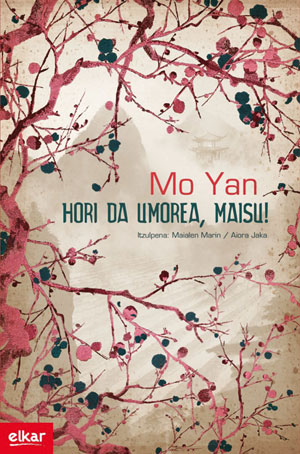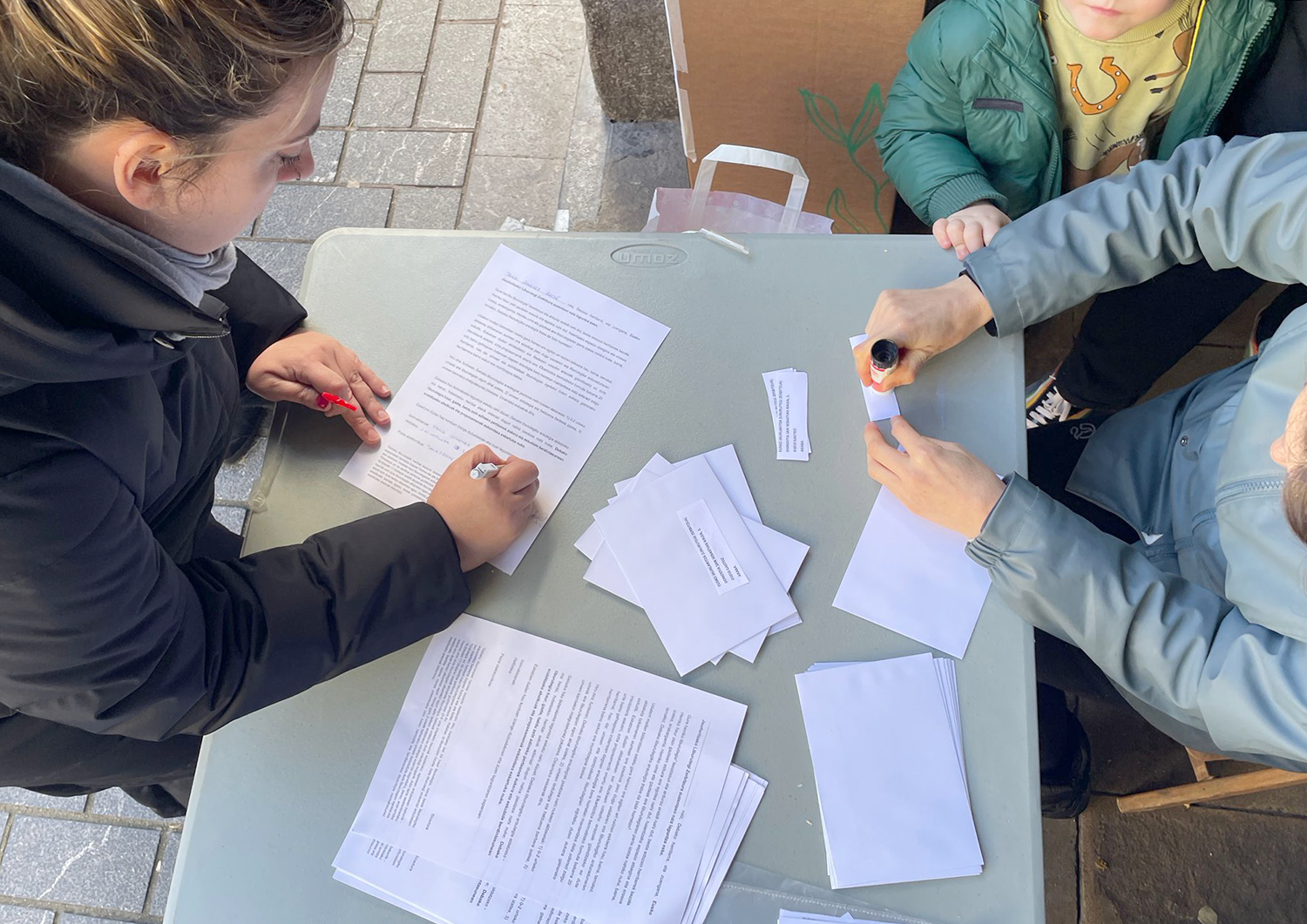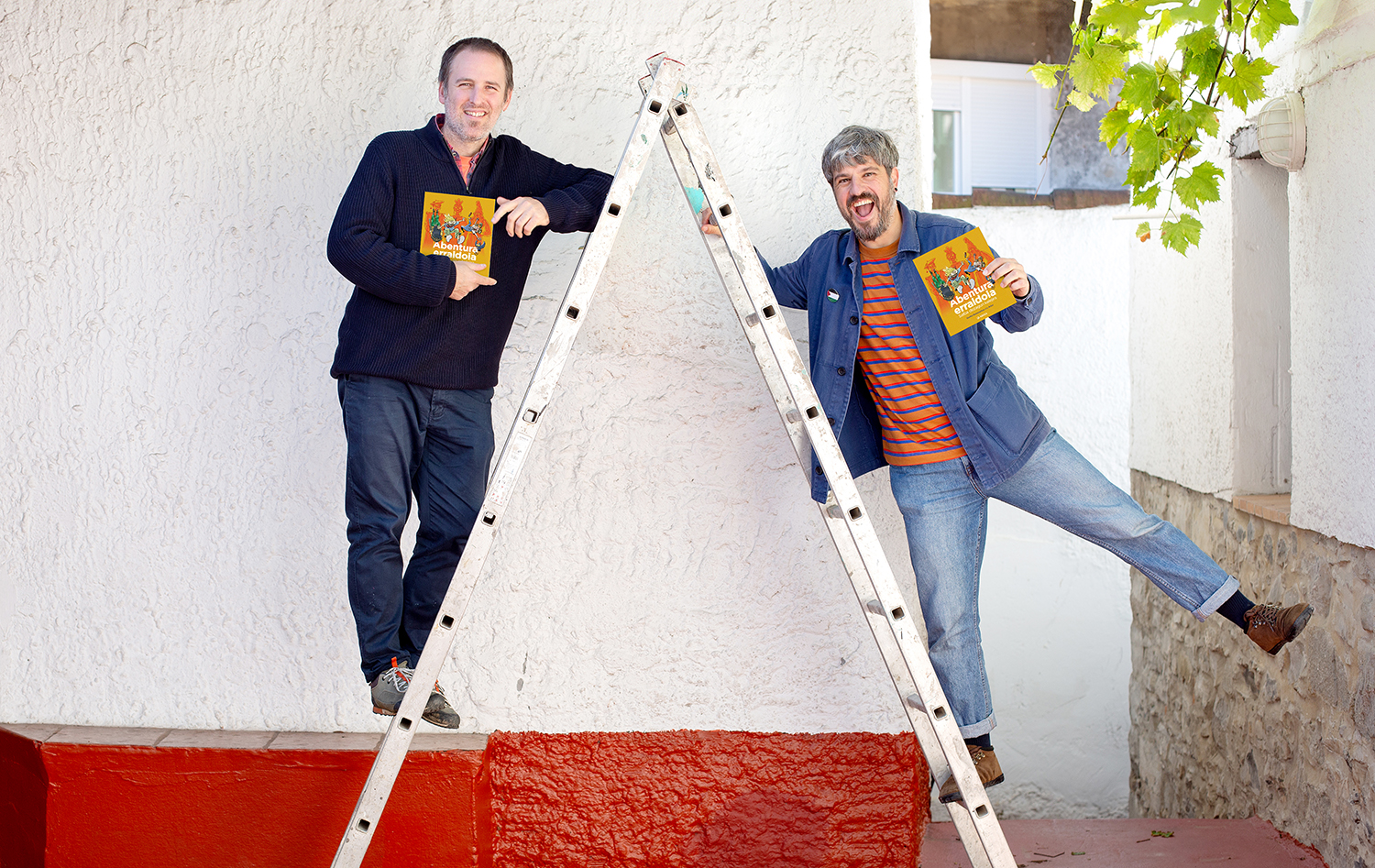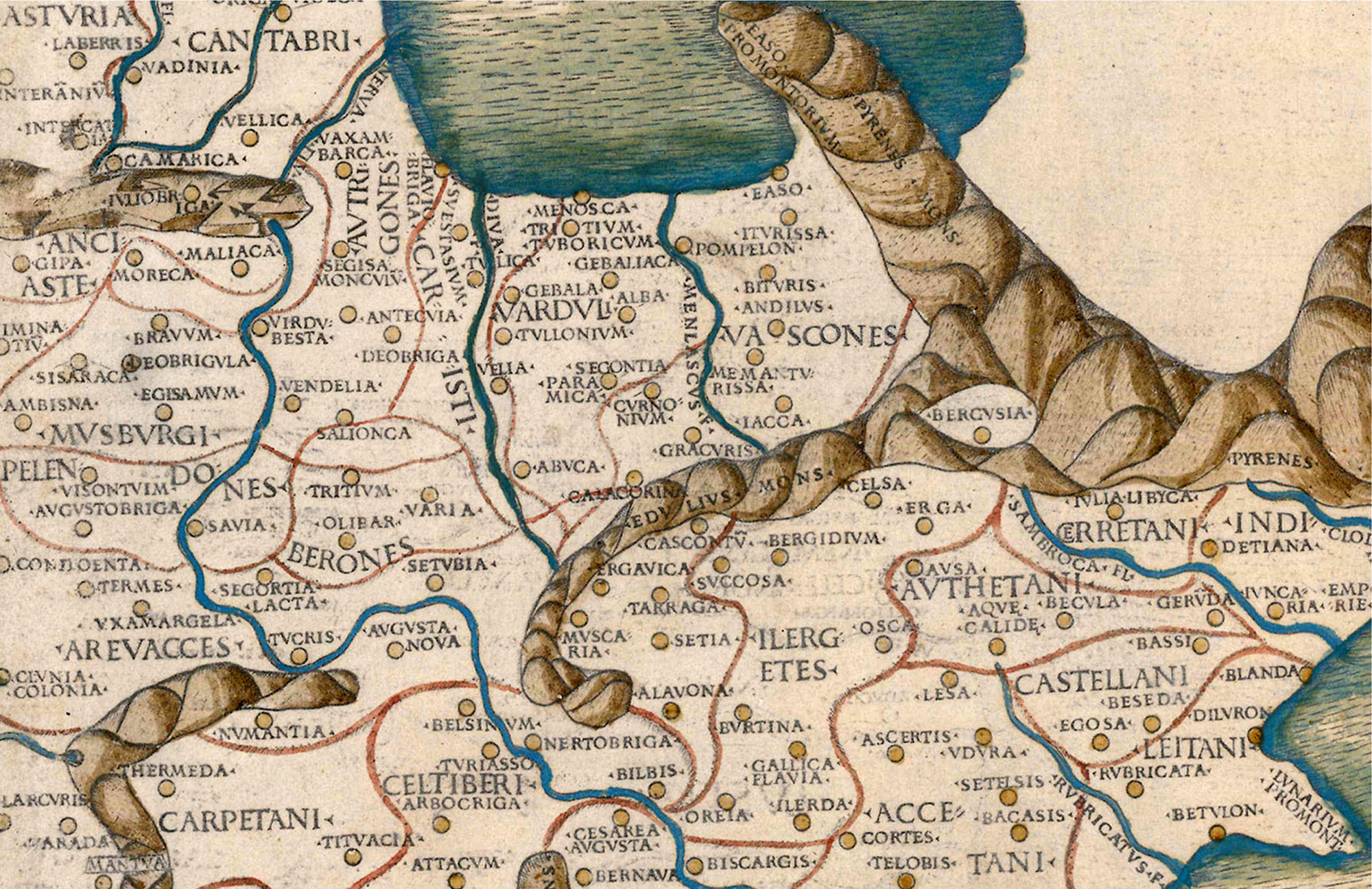
2012an Literaturako Nobel saria jasotako idazle honen Hori da umorea, maisu! irakurtzen hasi nintzenean Txinako literatura euskarara ekarria zelako egin nuen eta gogotsu ekin nion irakurtaldiari. Baina hasierako inpresioa ez zen batere ona izan, burura etorri zitzaidan literatura femeninoari buruz hitz egiten dutenei literatura maskulinoaren adibide garbia erakusteko moduko adibidea zela hau. Bestela esanda, oso literatur lan androzentrikoa iruditu zitzaidan. Protagonistak gizonezkoak dira eta bigarren mailako pertsonaiak emakumeak. Oso zakarki tratatzen dituzten eta etxean haientzat lanean dauden emazteak edota liluratuta grina sexualez miresten dituzten emakume eder eta gazteak dira. “Errun berri duten kakara iskanbilatsua” da emakumeen ahotsa lehen ipuinean, bigarrenean herri baten sinbolo bezala irudikatu eta mendekuzko hitz lizunak esan eta gero bortxatzeko eskubidea zuela sentitu zuen protagonistak, emazte berriak ihes egitean bere senarra gorrotoz bete eta jipoitzeko eskubidea emango dio laugarren ipuinean agertzen den bezala. Baina aurrerago, azken lau ipuinetan aldatzen joaten da emakumeen irudikapena. Azken hirugarren ipuinean ikasketak eta borrokarako gaitasuna ematen zaizkio, idealizazioa ezereztatu eta hezur-haragizko pertsona bihurtzen da emakumea gizonaren aurrean azken aurreko ipuinean, eta azkenengoan, abandonatutako haurrak neskak direla salatu eta tradizioa aldatzeko beharra agertzen du.
Liburu honetako ipuinetan Txinako historiako zatiak aurkituko dituzu fikziora ekarriak, nekazari, langile eta haurren begietatik ikusi ahal izango duzu mundua, errealitatetik eta fantasiatik ibiliko da narrazioa eta legendek eta mitologiak espirituak eta magia ekarriko dituzte orriotara. Lehen, bigarren eta hirugarren pertsonetan kontatuko zaizkigu istoriook, umorez eta amaiera iradokorrez. Egileari kasu egiten badiogu ez gara azaleko irakurketarekin konforme geratuko, beste esanahi batzuk bilatzen ahaleginduko gara hitzen atzeko mezuak bilatuz eta asmatuz. Oroz gain gustatu zaidana, ohiko irakurketetan gutxitan topatzen dudalako agian, zentzumenekin lotutako metaforak, animalia eta naturarekin lotutako konparazioak edo egunerokotasuneko xehetasunekin eta emozioekin lotutako irudiak izan direla. Aipatutakoen adibide batzuekin amaitu nahiko nuke. “Pipa erdi erretzeko behar den denbora” igaro duzu kritika hau irakurtzen eta bi irudirekin itxiko dugu testu hau: ipuinetako pertsonaia pobreak inguratzen dituen lur izoztua eta emakumeek soinean daramatzaten arropen kolore gorrietan eguzkiaren izpiek pizten duten sua.
Party and recreation. Oral History of Rock Radical Vasco
Javier 'Jerry' Corral
Books, 2025
------------------------------------------------
Javier Corral ‘Jerry’ was a student of the first Journalism Promotion of the UPV, along with many other well-known names who have... [+]






















